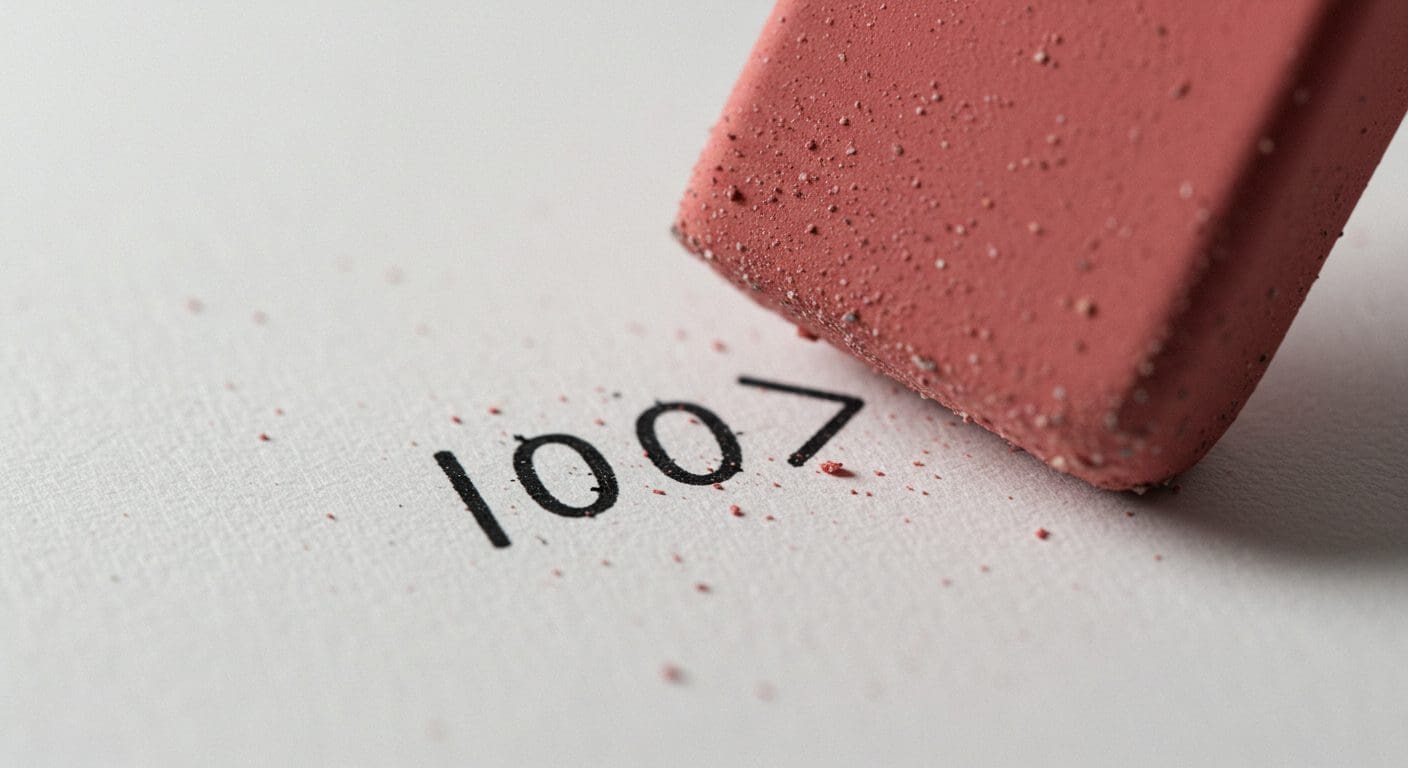Insertion errors represent a significant challenge in quantum computing, as they effectively increase the number of qubits required to represent information, hindering scalability. Despite extensive research into classical error correction, a comprehensive framework for addressing insertion errors in quantum systems remains elusive. Lewis Bulled and Yingkai Ouyang, both from the University of Sheffield, now detail a protocol capable of correcting single insertion errors within a specific class of quantum codes. Their approach uniquely leverages measurements of angular momentum, and its projection along a defined axis, to identify and correct these errors, effectively projecting the system onto a new, correctable codespace and paving the way for more robust quantum computation.
An angular momentum approach to quantum insertion errors represents a novel strategy for tackling a challenging problem in quantum computing: the correction of errors caused by the unintended addition of qubits to a quantum system. Despite considerable research into other types of quantum errors, insertion errors have received limited attention, hindering the development of robust quantum computation and information processing. This work introduces a new theoretical foundation to address these unique errors and enable the design of effective correction strategies by exploring an angular momentum approach.
The team developed a quantum error correction protocol capable of correcting single insertion errors on a specific class of quantum codes. The methodology involves a two-stage syndrome extraction process that determines a two-bit syndrome by measuring the total angular momentum and its projection along a defined axis of the quantum state after the insertion error. These measurements effectively project the state onto a new codespace, and a teleportation protocol then maps the projected state back to the original permutation-invariant code, restoring the desired number of qubits. Realising large-scale, fault-tolerant quantum computing remains a significant challenge, and this work contributes to overcoming those hurdles.
Permutationally Invariant Quantum Error Correction Codes
This research area focuses on quantum error correction (QEC), aiming to protect quantum information from noise and decoherence. A key focus is on permutationally invariant codes, which exhibit symmetry under the interchange of qubits, offering advantages in implementation and robustness. These codes are particularly relevant because they can be applied to error models where qubits are either deleted or inserted, a less common but important consideration in quantum computing. The underlying principles rely heavily on symmetry and group theory, utilising mathematical structures like linear algebra and Clebsch-Gordan coefficients to construct and analyse these codes.
The research connects to the design of quantum algorithms and the development of quantum hardware architectures, with these codes being considered for practical implementation. Furthermore, the codes have potential applications in quantum sensors and measurement devices, and are also relevant to the design of variational quantum circuits. The work explores advanced topics such as measurement-free code-switching and symmetry-adapted quantum circuits, seeking new code constructions and decoding algorithms to address open problems in the field.
Insertion Error Correction via Angular Momentum Measurement
This research details a new framework for correcting single qubit insertion errors in quantum computing, a problem that has received limited attention despite its potential impact on synchronisation errors. The team successfully demonstrated a protocol that can perform single insertion correction on a specific class of quantum codes, utilising measurements of total angular momentum and its projection to extract a two-bit syndrome. This process effectively projects the quantum state onto a new codespace, allowing for its subsequent recovery via a teleportation protocol back to the original permutation-invariant code.
The significance of this work lies in providing a concrete method for addressing insertion errors, which occur when an extra qubit is unintentionally added to a quantum system. By establishing a viable correction protocol, the researchers contribute to the development of more robust and reliable quantum computations. While the current work focuses on single insertion errors and a specific code type, extending the framework to handle multiple insertion errors and a wider range of codes represents a crucial next step for enhancing the resilience of quantum systems and improving the overall fidelity of quantum computations.

